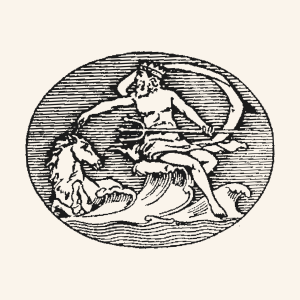Zohran Mamdani Makes History as New York City’s First Muslim Mayor
Zohran Mamdani has been elected the next mayor of New York City — making history as the first Muslim, the first person of South Asian descent, and the youngest leader in more than a century to hold the post.
At 34, the Ugandan-born democratic socialist defeated Independent candidate and former Governor Andrew Cuomo, as well as Republican Curtis Sliwa, in Tuesday’s election, according to the Associated Press.
Just a year ago, Mamdani was a relatively unknown state assemblymember representing Queens. His unexpected mayoral bid quickly gained traction, and after winning the Democratic primary in June by 12 points, he became one of the nation’s most talked-about and divisive new political figures.
Among his campaign promises: fare-free public buses, rent freezes for stabilized apartments, universal childcare, a higher minimum wage by 2030, and policies to lower living costs by raising taxes on corporations and New York’s wealthiest 1%. Mamdani has also vowed to challenge President Trump, who has frequently attacked him as a “communist” and threatened to cut federal funds to New York if he won.
Despite his rapid rise, Mamdani’s critics question whether his limited experience and sweeping progressive agenda can translate into tangible results. His strong criticism of Israel’s government and actions in Gaza — despite repeatedly denouncing antisemitism — has also alienated some voters in the city’s large Jewish community.
Still, Mamdani’s message of affordability and fairness, amplified through savvy social media outreach and energetic public engagement, clearly struck a chord with younger and first-time voters. Backed by major progressive endorsements and tens of thousands of volunteers, he entered Election Day with a strong polling advantage. Youth turnout was particularly high, fueling record early voting and sealing his victory once the polls closed.
This year’s mayoral race was packed with drama, shifting loyalties, and surprise comebacks. Incumbent Mayor Eric Adams initially announced a reelection campaign despite a term marked by scandals and plummeting approval ratings. After federal prosecutors dropped a corruption case against him, Adams switched to run as an independent — allowing Mamdani to win the Democratic nomination over Cuomo.
Cuomo’s primary loss was seen as a major defeat for the Democratic establishment. The 67-year-old former governor, son of the late Mario Cuomo, once ruled Albany for a decade before resigning in 2021 amid sexual misconduct allegations and criticism over his handling of nursing homes during the COVID-19 pandemic. Though he denied wrongdoing, Cuomo left office under a cloud of controversy.
Seeking redemption, Cuomo entered the mayoral race in March, arguing that New York City was “in crisis” and needed “competent leadership.” His campaign focused on public safety, housing, healthcare, and combating antisemitism — presenting a centrist counterweight to Mamdani’s platform. After losing the primary, Cuomo rejoined the race as an independent, bolstered by Adams’ endorsement after the mayor dropped out in late September.
The final three-way contest included Sliwa, the 71-year-old founder of the Guardian Angels and longtime radio host, who ran unopposed in the Republican primary. Despite lagging in the polls, Sliwa refused to step aside, even as critics warned his presence would split conservative votes and give Mamdani the edge.
Two heated debates in October underscored the deep ideological divide. Mamdani and Cuomo clashed repeatedly over integrity, experience, and the future of the city, while Sliwa cast both as career politicians detached from everyday New Yorkers.
The race ultimately symbolized a broader shift within the city and the Democratic Party — a generational and ideological struggle over the direction of one of the world’s most influential urban centers. With record-breaking turnout and widespread national attention, Mamdani’s victory marks a defining moment in New York politics and signals a new era for progressive leadership in America’s largest city.


